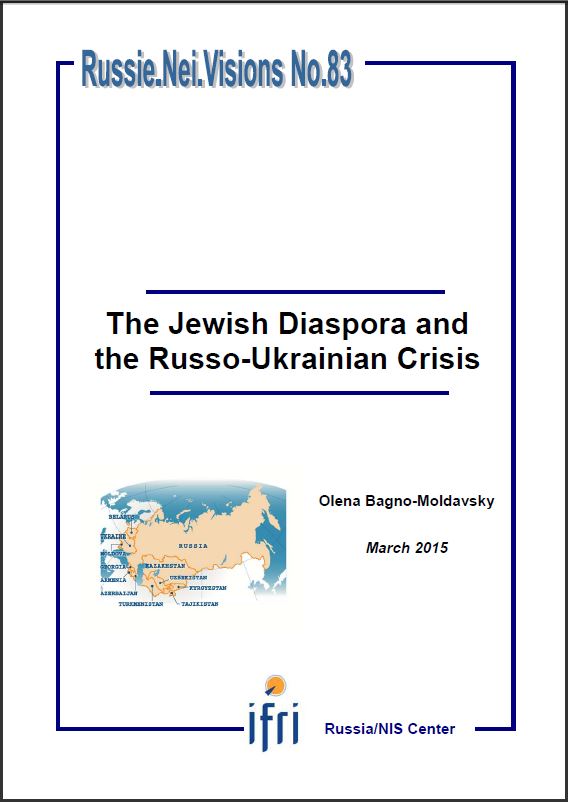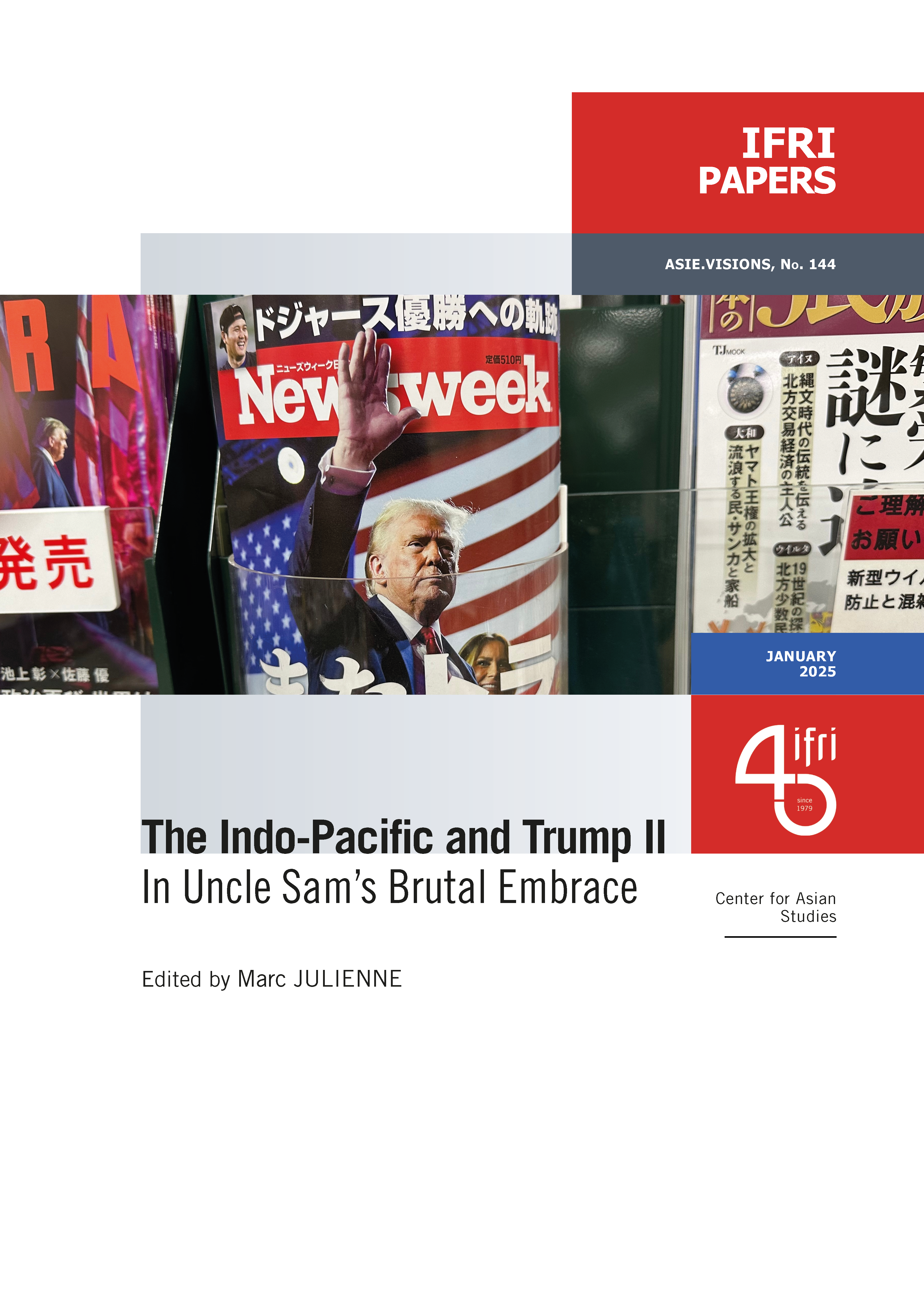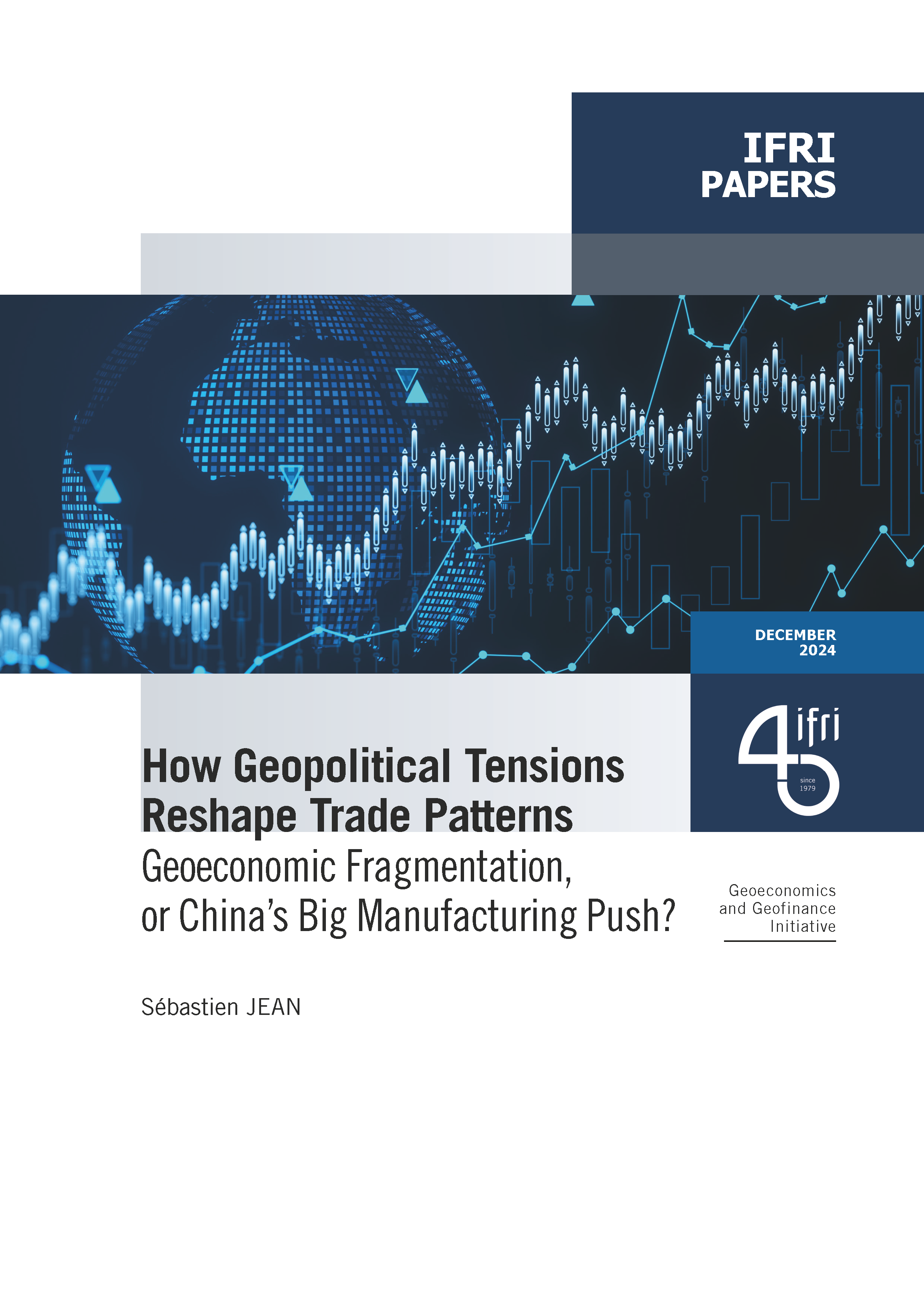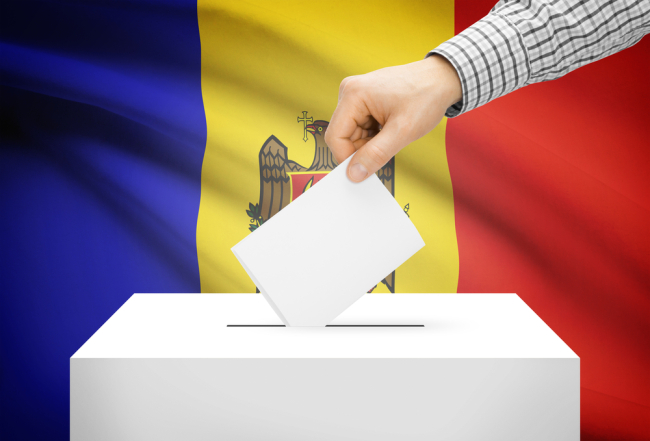The Jewish Diaspora and the Russo-Ukrainian Crisis

Two questions arise when the role of a diaspora in crisis is considered. Do diasporas embody an internal threat to the security of the nation state? And why do some efforts to use diasporas as a tool of international politics succeed while others fail? In this paper, the Ukrainian 2014-2015 crisis involving Russia is analyzed in order to suggest answers to these questions. The author examines the political reactions of a specific diaspora group: the Jews in Ukraine and Russia.
The author finds that the diaspora became divided across the fault-line of a clash between the two states, Russia and Ukraine. She concludes that, ultimately, the political power of the diasporas in Russia and Ukraine is limited, and cannot really diverge from the political line of the host state. Concerning the diaspora-host-homeland relational triangle, the paper suggests that the neutral position of Ukraine toward Israel allows more freedom for diaspora organizations to advance an independent political agenda, while the difference in foreign-policy goals between Israel and Russia means that the diaspora organizations have no choice, but to limit their political activism to the permitted cultural-economic spheres.
Download the full analysis
This page contains only a summary of our work. If you would like to have access to all the information from our research on the subject, you can download the full version in PDF format.
The Jewish Diaspora and the Russo-Ukrainian Crisis
Related centers and programs
Discover our other research centers and programsFind out more
Discover all our analysesThe European Union's Strategic Test in Georgia
The political crisis brewing in Georgia is of an existential nature for the country. What is at stake is Georgia's future as a democratic and sovereign European nation (EU).
Commanders of Putin's Long War: Purged, Reshuffled and Disgruntled
The trend of reshuffling the Russian top military command in the course of a fast-evolving and far from successful war has progressed unevenly both across the Armed Forces’ structures and in time. The rationale for and timing of the abrupt cadre decisions made by Commander-in-Chief Putin often defy logical explanation, and the rare official clarifications are no more informative than the usual information blackout.
Russian Military Manpower After Two and a Half Years of War in Ukraine
In addition to a military victory in Ukraine, the Russian leadership is planning to build up sizable troop formations for a possible conflict with NATO in the Baltic region and the Kola Peninsula. In particular, current plans aim for the military manpower to grow by about 350,000, reaching a total of 1.5 million soldiers and commanders. In the context of the current conflict in Ukraine, this cannot be accomplished without a new wave of mass mobilization.
Moldova’s Foreign Policy after 2024 Presidential Elections: Staying on the EU Path, Moving Eastwards or Becoming Multi-vector?
The future of Moldova’s foreign agenda will undergo a stress test during the upcoming presidential elections on October 20, 2024.










